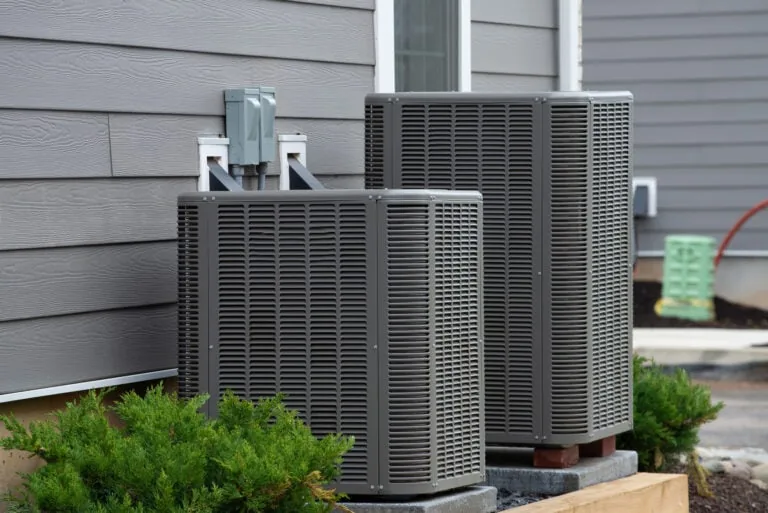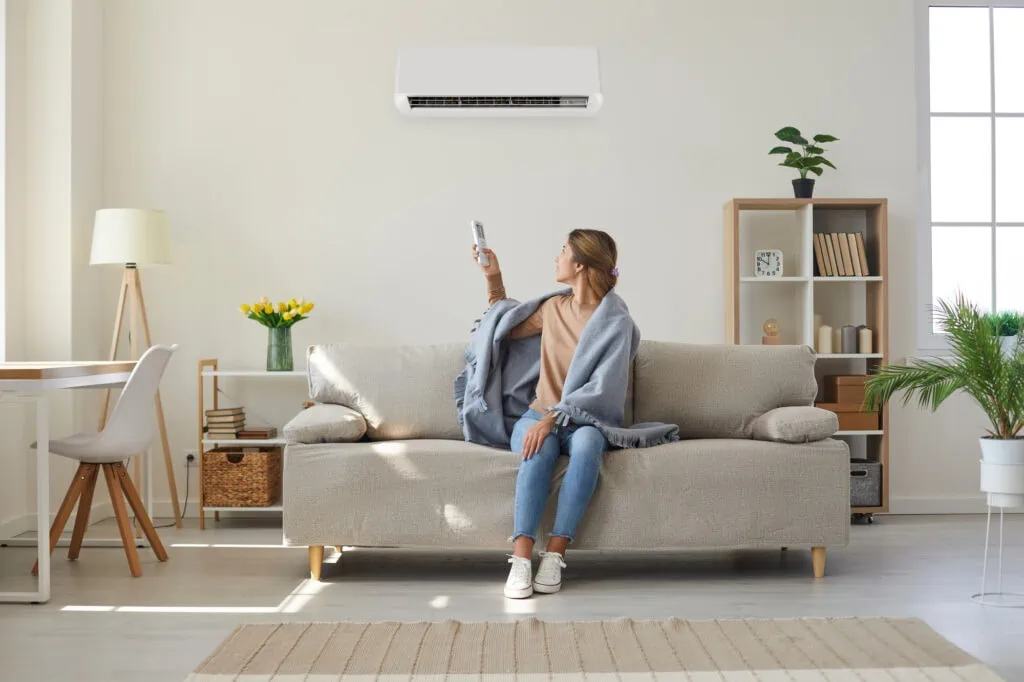Does your home or office get extremely hot during summer? It’s quite an uncomfortable environment to work in and be productive. Thanks to innovation, it doesn’t have to be you anymore. All you need to invest in is an air conditioning (AC) unit. This unit serves the purpose of cooling the air in your space. ACs are of different types, the common ones being the central AC, ductless mini-split system, and window AC.
The central air conditioning unit is also known as the split ducted system since it has two units: outdoor and indoor. What’s the window AC? As the name suggests, it’s placed against or near your window.
When buying an AC, this is some of the information you need to know. Also, know the reasons for split head AC or the window unit.
Suppose you want to buy a central air conditioner. This article will aid in the research process by highlighting the features to look for in a central air conditioner.
Capacity
Capacity refers to the size of the air conditioner. ACs come in different sizes, each serving a given need differently. The capacity also depicts the cooling effectiveness of the unit. The size of your space should guide your choice.
A big space requires an AC with a large cooling capacity. It’ll do so without leaving hot spots and other inefficiencies. Ensure you get the right-sized one. Your chosen vendor can guide you on this. An AC that’s too big will be a waste of resources since it’s more expensive than a small one. On the other hand, an AC too small will struggle to cool your space, leading to breakdowns and inefficiencies.
Noise Levels
Central air conditioning units rely on several parts to run. Some, like the fans and motor, emit noise when running. The extent of noise defines your comfort levels as you utilize the AC. When extreme, the noise can be distracting, reducing productivity, especially if you work from home or have children studying.
Therefore, it’s an aspect to consider while purchasing your AC. Most, if not all, manufacturers indicate the noise levels of their ACs. The levels are often indicated in decibels. The lower the decibel level, the minimal noise the AC will produce.
As you opt for lower noise levels, it’s important to note that these features come with a high price tag.
Speed Control
As stated earlier, an AC runs on various components. One is the compressor, which cools the air from your space. The compressor runs on speed to achieve the temperature you’ve programmed with your thermostat.
Having no control of the speed is, at times, disadvantageous. Sometimes, you’ll want to cool your air to a given temperature, only for the weather to change abruptly. It might get too cold since you can’t reduce the cooling speed. Hence, it’d help to look for a central AC with speed control.
These ACs are referred to as inverters. Once they reach your set temperature, they don’t turn off like the non-inverters. Instead, the rotations per minute reduce. The result is no temperature fluctuations—the space won’t get too hot or cold.
Maintenance Needs
Maintenance is an aspect you shouldn’t overlook when purchasing your AC. It depicts how easily you’ll use your AC. Some ACs have more maintenance needs than others. It all depends on the quality of what you’ve bought.
Low-quality ACs will wear and tear frequently, adding to the burden. You’ll always have your AC technician on speed dial, to whom you must pay for repair services. Therefore, look for quality in your AC.
What determines an AC’s quality? One is the brand of your choice. AC manufacturers adopt different production mechanisms to arrive at the final product. The different approaches result in varying AC qualities.
Reviews should help you pinpoint the best AC brand to purchase. It should be one with minimal to no complaints about their efficiency. Also, ensure it’s one whose spare parts are readily available in your region. Otherwise, repairs and replacements might become a burden.
Energy Efficiency
Today, most people are seeking energy-efficient solutions, especially due to the high living costs. An energy-efficient solution consumes minimal power to run. Minimal power consumption translates to lower energy bills and cost savings, hence the association with the cost of living.
Energy efficiency is a feature to seek from your central air conditioning unit. Like the noise levels, manufacturers will also indicate the energy efficiency of an AC. Star ratings will guide this, with others using SEER (Seasonal Energy Efficiency Ratio) and EER (Energy Efficiency Ratio) ratings.
Whether stars, EER, or SEER, the more the ratings, the higher the energy efficiency. It’s important to acknowledge that these ratings directly impact costs. It’d help to balance energy efficiency and affordability.
Conclusion
Buying the right central air conditioner is the only way to ensure it meets your cooling needs efficiently. The discussion above has highlighted the aspects to consider when selecting your unit. Implementing this guide ensures you consider all things before selecting your ideal AC. The result is an efficient central air conditioner meeting your needs.




